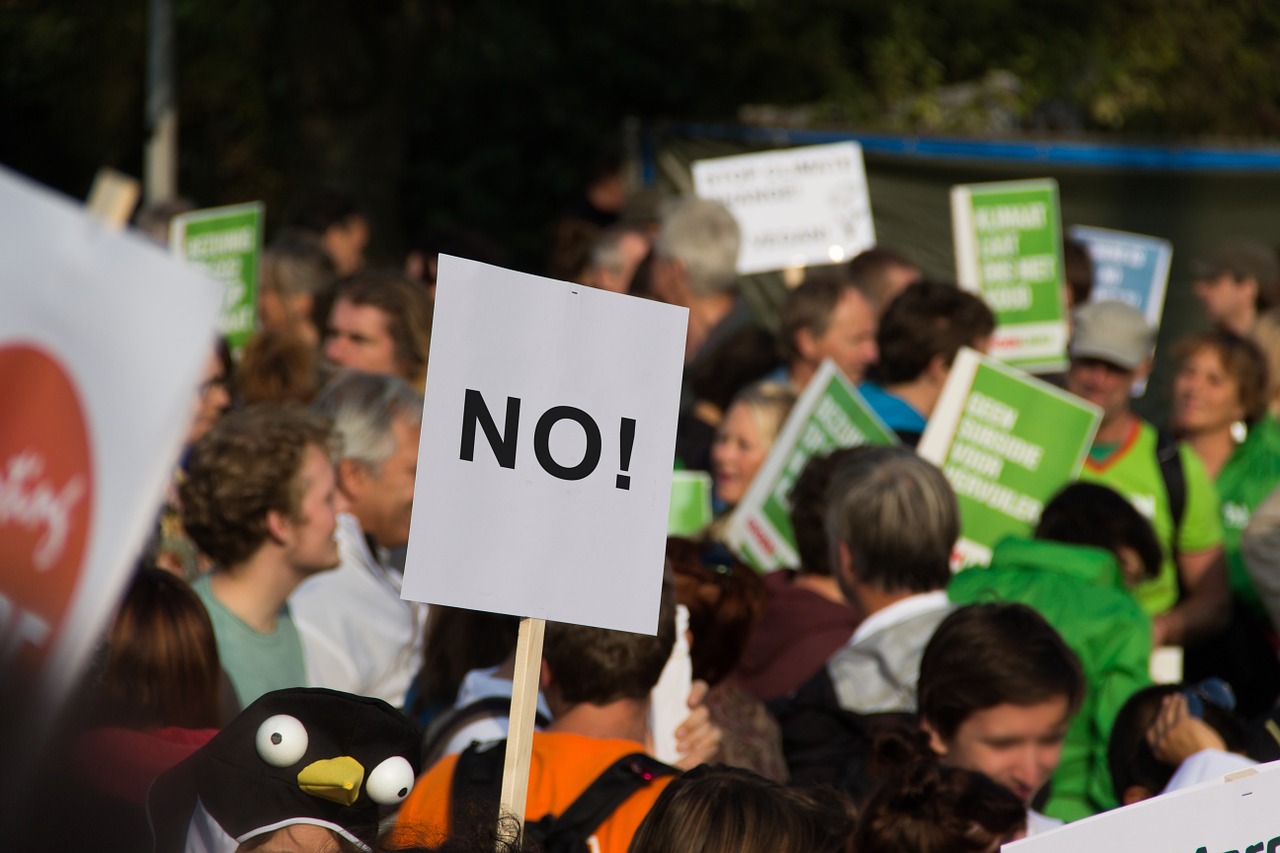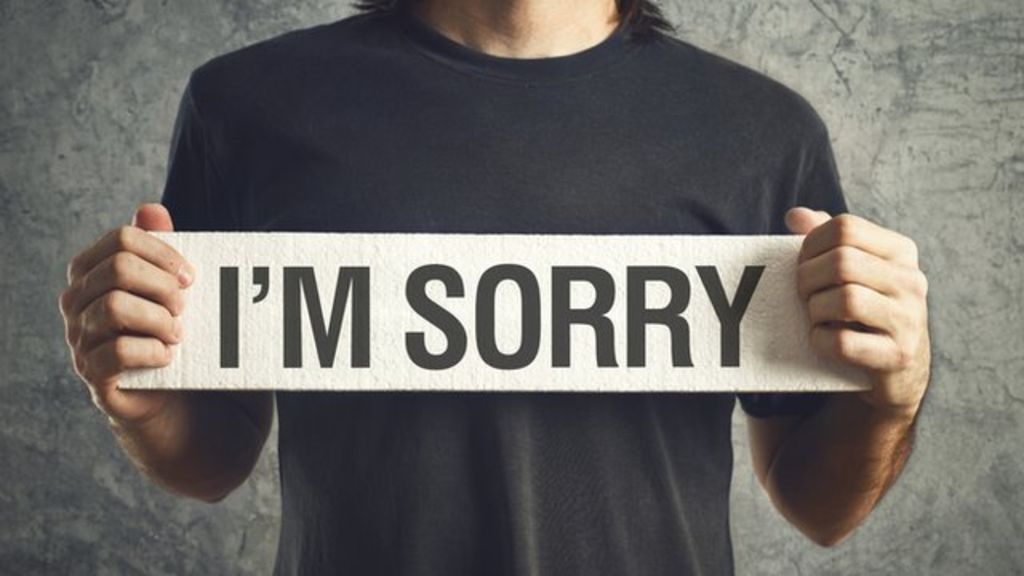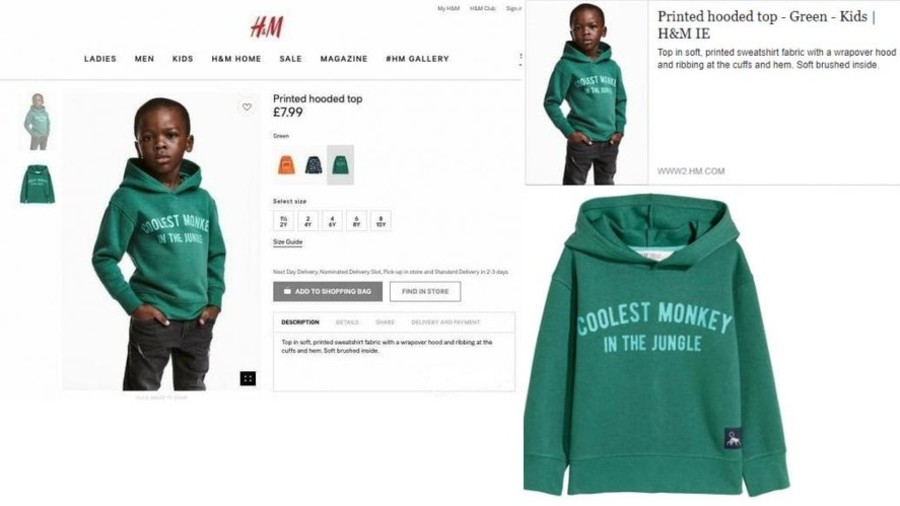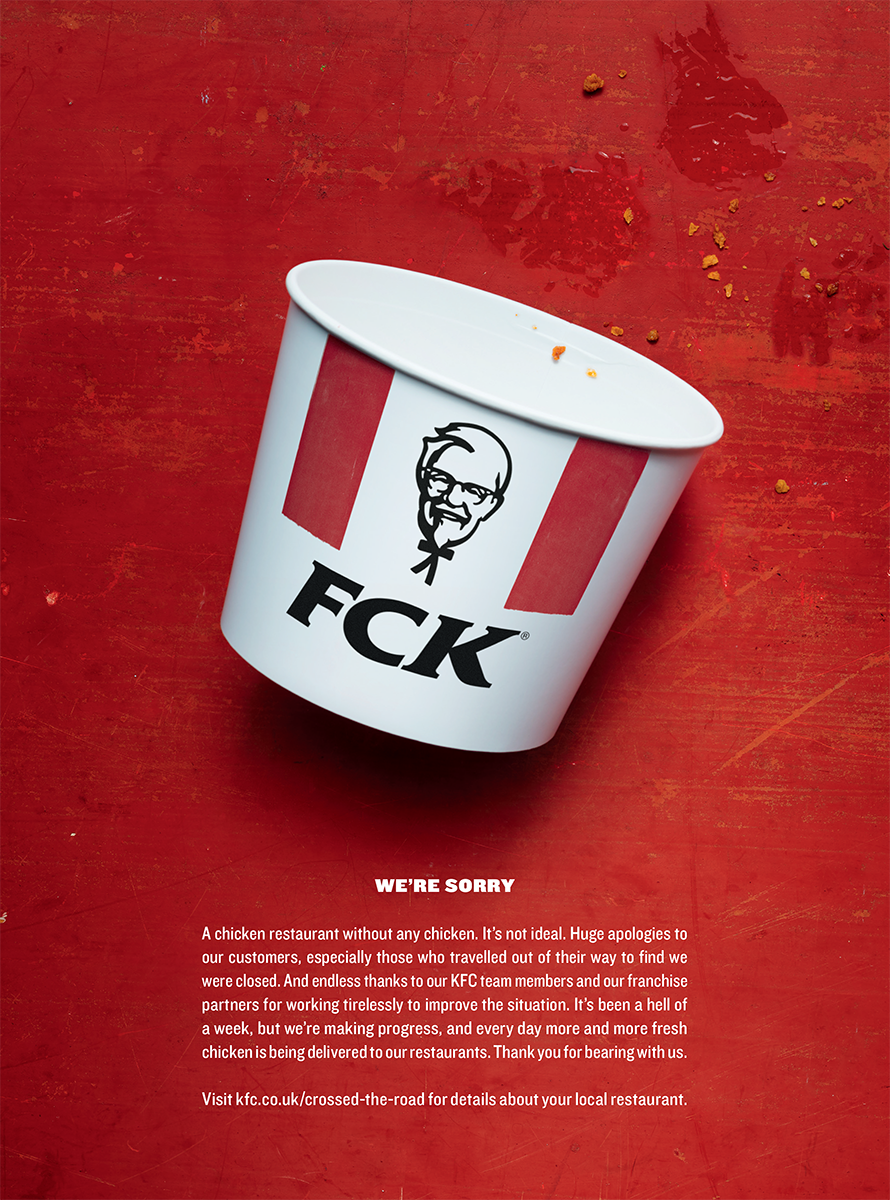In case you've really been living under a huge rock, this was what happened: the 25-year-old responded to the racial injustice protests that are currently happening in the United States by telling people of colour to "relax" and "take it as a challenge".
Malaysians didn't take too kindly to her remarks, and there was huge uproar on social media (including a petition to get her Miss Universe Malaysia title stripped).
Even some of Malaysia's biggest stars such as Henry Golding and Yuna have come up to criticise James for her tone-deaf statements:
Of course, when nasi sudah menjadi bubur and local brands have started dropping her as an ambassador, the under-fire James finally released an apology.
In an Instagram post, James said that she's sorry and she knows that "you're hurting" and she's "not in your shoes to understand this fully."
"To clear the air, yes, I did poorly articulate myself writing 'black people chose to be black' and 'to the black people, relax, take it as a challenge, it makes you stronger'. If I had been more attentive in how I wrote it, the message would off been understood as a heartfelt message to all victims of racism be it any colour (sic).
"I understand a lot of people have shared that I could have phrased my content differently, and I accept that I am responsible for my words. I will make sure I articulate my speech in a proper manner," she wrote.
She ended her post with a very peculiar line: "Yes, my mother is Chinese Malaysian, father is Brazillian and my foster parents who raised me up are Indian Malaysian".
So, all good now, right? She's issued an apology, so it means that she's really sorry, right?
Well...not really, as Malaysians still feel that her public apology is not really an apology after all.
ms samantha katie james gave a half-hearted apology (the apology WASNT even an apology, it was just her pinpointing us the we 'MISUNDERSTOOD' her statement) AND NOW she's posting threads like these?? my brain is in pain pic.twitter.com/7ivrjmfv6B
— as (@ainashebica) June 3, 2020
this samantha katie james / samathakayty's apology is like some english literature passage lmfao it's either my english is too shit or she's sprouting nonsense, there's no in between
— qingqian • 44 days to EG4 ? (@qingqiansmess) June 3, 2020
Samantha Katie james’s “apology” is a joke. Clearly she still doesn’t understand and she’s still denying the fact that black community have been subjected to violence and racism for too long. People tried to explain to her, but she’s blatantly just ridiculing the situation ...
— ∞ cw ✨?Paganini 24 Caprices No. 24 In A Minor Op1 (@cwheartstrong) June 3, 2020
So, we at Rojak Daily thought that we would help Samantha (and other public figures or brands that were forced to issue a public apology recently) out a bit.
We got in touch with a local PR consultant and got her to dissect James' public apology, and give her opinion on how to craft a more effective apology note in general.
Was it a good public apology note?
Not really, Jean*, a consultant attached to a reputable PR and communications firm in Kuala Lumpur, told us.(*She asked for her real name to be omitted because she was not authorised to speak on this matter, but was forced by this writer to give an opinion because we friend-friend)
According to Jean, who has more than 10 years of experience in the PR industry, James' apology lacked sincerity.

"Sure, there is the word 'sorry' in there, which some might constitute as an apology, but it lacks the sincerity.
"For an apology to really be an apology, there needs to be a regretful acknowledgement of an action that they have committed," Jean told us.
Furthermore, Jean further opined that it didn't help when James tried so hard to justify why she said what she said in her Instagram post.
"In this case, the regret doesn’t come across, and it fell a bit flat."
James shouldn't have tried so hard to explain why she said the things she did, said Jean, because by doing so, she’s showing that she doesn’t really mean what she said in the first place, "because she needs people to understand and see it from her point of view."
Mistake on top of another mistake
what the hell is miss universe malaysia on,,, did she just tell people to “relax and take it as a challenge” when people are being killed ??? Ma’am what is wrong with you ???
— n (@whynurin) June 1, 2020
as a malaysian, i am disgusted by @/samanthakayty. your words are downright vile & ignorant. what do you mean “you chose to be born as a coloured person”? are you hearing yourself? how were you even miss universe malaysia? we don’t want you representing/speaking for malaysia!!! pic.twitter.com/A4Jq2UfG5z
— ?️? // ???????? (@TYbububu) June 1, 2020
In James' case, her apology came a little too late, as Jean feels that the extra couple of days she let the issue stew and brew made the public backlash even more intense.ur telling me a privileged mixed pretty malaysian who has a large platform is telling people that they can choose to be a coloured person in the country they’re living in is also our miss universe malaysia?
— freyr (@sunfloweraidil) June 1, 2020
worms for brains i tell u!
"When issuing a public apology, immediate is best. It shows a remorse for what you have done, and that you want to fix it.
"This placates the ones who were affected by your original statement, and shows to them that you are willing to set things right with the apology".
Jean added that owning up to your mistake and saying sorry when you're wrong does not make you weak.
"What’s important is to understand that issuing an apology doesn’t make you a weak person.
"On the contrary, it makes you a strong one, as it shows to your audience that you know you’ve made a mistake and are not afraid to make amends," Jean told us.

Also, Jean felt that James shouldn't have repeated the things she originally said that upset people.
"By repeating it, she is reminding them of why they were upset with her in the first place.
"Additionally, as can be seen from her next few posts after her apology post, it does not seem like she is repentant at all.
"It came off as her issuing the apology just to succumb to peer pressure to get the public to stop attacking her."
What she should've done instead

What James should've done instead, Jean advised, is to choose her words of apology wisely.
"It’s not a secret that her choice of words could have been better. That way, it can be used to bring the right message across.
"In her apology, her explanation of how people ‘chose’ their skin colour comes off as uncouth and insensitive."
Also, rounding off her apology note with another “I’m sorry” to reiterate her remorse would have been a good touch as well, Jean said.
Rookie mistakes to avoid
People make mistakes, that's just the way of life. But the way you say sorry could make or break your image.So, we asked Jean to list down some of the rookie mistakes a personality or a brand should avoid making if they need to issue a public apology.

#1 Choice of words
This is the most important element, Jean stressed."Take for example H&M’s blunder a few years ago, when they used an African-Americal boy to model a sweatshirt with the words 'Coolest monkey in the jungle'.
"They were called out for casual racism, but the original apology that ensued was worded as such – 'Sorry if anyone was offended' – which earned even more backlash. In the end they had to change it to 'we are deeply sorry''.
If they have started the apology with the latter sentence, things wouldn't have turned out so bad for the brand.

#2 'I'm sorry...but...'
...is not an apology, Jean said. Like what was mentioned above, explaining the reason for what you did would sometimes make things worse for your case."Don’t try to explain yourself. If it’s something you did wrong, well, you did wrong.
"The more you try to justify what you did, the more it will reflect badly on the brand. You made a blunder, admit it graciously, and move on."
The 'but' part of an apology usually does not make things better, even when you claim that you're doing something for charity.
Including the charitable things you've been doing or the money you've raised for charity (ahem!) in your public apology will not negate the mistake that you've done that made people angry, Jean noted.

#3 Apologise, then blame your mistake on someone else
If it was a mistake you or your brand made, own up to it, and take steps to ensure it doesn’t happen again."Don't do a (former Volkswagen US CEO) Michael Horn and push the blame to other people in your organisation.
"If any, it only shows that you don’t have a clue about the team or company—or that the brand is OK with blaming their own staff. Both are toxic for a brand."
When your brand is under fire, it shows great leadership for the head of the company to absorb the blame and apologise, even if the boss did not make the mistake in the first place, Jean noted.
An example of a good public apology
So, we had to ask Jean: is there an example of a good apology that you can think of?
"One that stood out to me is the one from KFC in Britain when they ran out of fried chicken," Jean said.

Instead of sweeping the issue under the carpet and pretend nothing happened (also a big no-no, Jean said), the fast food chain bought an ad spot in a local newspaper to apologise.
"The playful rearrangement of letters made the ad stand out and people took notice of their apology.
"The copy in the ad was also plucky (no pun intended) and cheeky, which more than made up for their lack of fried chicken," Jean recalled.
So, there you have it, boys and girls.
We hope that Jean has helped you understand what makes a good public apology, and things that you have to avoid to make you sound more like an a-hole.






